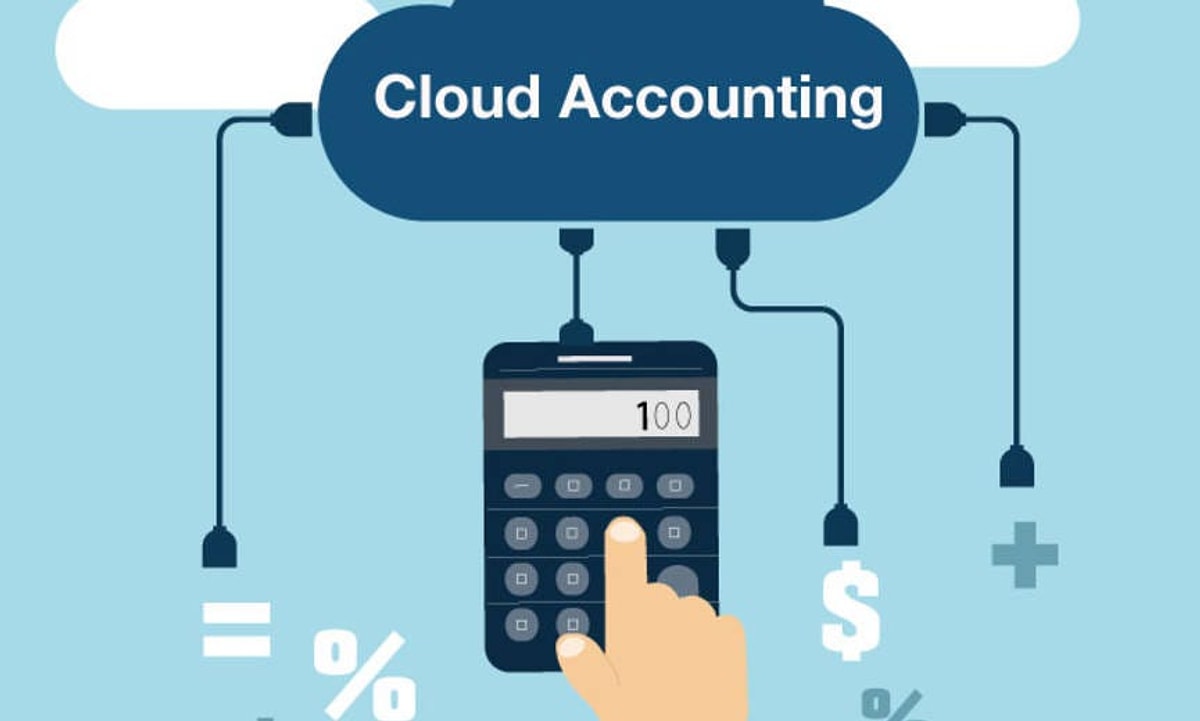
Introduction
Traditional accounting methods often involve stacks of paperwork, manual data entry, and time-consuming reconciliations. However, with the rise of cloud accounting, small businesses can now automate financial tasks, access real-time data, and improve overall efficiency. Cloud-based accounting software offers a secure, cost-effective, and scalable solution for managing business finances. If you’re looking to streamline financial management, partnering with Best Accounting Services and Accounting Services Providers can help you maximize the benefits of cloud accounting.
1. What is Cloud Accounting?
Cloud accounting refers to storing and accessing financial data online instead of using traditional desktop-based software. Business owners and accountants can log in from any device to manage transactions, generate reports, and collaborate in real time.
Key Benefits of Cloud Accounting:
- Accessibility from Anywhere – View financial data remotely.
- Automatic Updates & Backups – No need for manual software updates.
- Real-Time Financial Insights – Track income, expenses, and cash flow instantly.
- Secure Data Storage – Advanced encryption protects sensitive financial information.
2. How Cloud Accounting Improves Efficiency for Small Businesses
One of the biggest advantages of cloud accounting is automated bookkeeping. Many cloud-based platforms integrate with bank accounts, invoicing systems, and payroll, reducing manual entry errors and saving valuable time.
How It Enhances Efficiency:
- Automated Bank Reconciliations – Sync transactions with bank feeds.
- Digital Receipt Management – Upload receipts directly to the cloud.
- Multi-User Collaboration – Accountants and business owners can access reports simultaneously.
- Faster Tax Preparation – Tax-ready reports simplify compliance and audits.
3. Cost Savings with Cloud Accounting
Traditional accounting software often requires expensive licenses, maintenance, and IT support. Cloud accounting eliminates these costs by offering subscription-based pricing.
Cost-Effective Benefits:
- Lower IT Expenses – No need for hardware installations.
- Pay-as-You-Go Plans – Flexible pricing scales with business growth.
- Reduced Human Errors – Automation minimizes costly mistakes.
- Paperless Accounting – Save money on printing and storage.
4. Enhanced Security & Data Protection
Security is a top concern for businesses handling financial data. Cloud accounting platforms use bank-grade encryption and multi-factor authentication to ensure maximum security.
How Cloud Accounting Protects Your Data:
- Automatic Data Backups – Prevents data loss from system failures.
- Role-Based Access Control – Restrict permissions for employees.
- 24/7 Fraud Monitoring – Alerts for unusual activity.
5. Integration with Other Business Tools
Cloud accounting software integrates seamlessly with various business tools, including:
- Payroll Systems (e.g., Gusto, QuickBooks Payroll)
- E-commerce Platforms (e.g., Shopify, WooCommerce)
- Expense Management Tools (e.g., Expensify, Receipt Bank)
- CRM Systems (e.g., Salesforce, HubSpot)
These integrations help streamline operations and improve financial tracking.
6. Choosing the Right Cloud Accounting Software
With numerous cloud accounting solutions available, selecting the right one depends on business needs. Some popular options include:
- QuickBooks Online – Ideal for small businesses.
- Xero – Great for startups and growing companies.
- FreshBooks – Best for freelancers and service-based businesses.
- Wave Accounting – A free option for basic accounting needs.
Consulting with Accounting Services for Small Business can help determine the best software for your specific financial goals.
7. How Professional Accounting Services Can Help
While cloud accounting simplifies financial management, expert guidance is still essential for tax planning, compliance, and strategic decision-making. Partnering with Best Accounting Services ensures that your business benefits from:
- Accurate financial records
- Optimized tax strategies
- Regulatory compliance
- Personalized financial planning
Conclusion
Cloud accounting is transforming small business finances by offering greater efficiency, cost savings, and security. Whether you’re looking to automate bookkeeping, improve cash flow management, or integrate accounting with other business tools, cloud-based solutions provide the flexibility and scalability needed for growth. To make the most of cloud accounting, consider working with Accounting Services Providers who can help optimize your financial processes. If you’re ready to embrace modern accounting solutions, explore Best Accounting Services to ensure financial success and stability for your business.